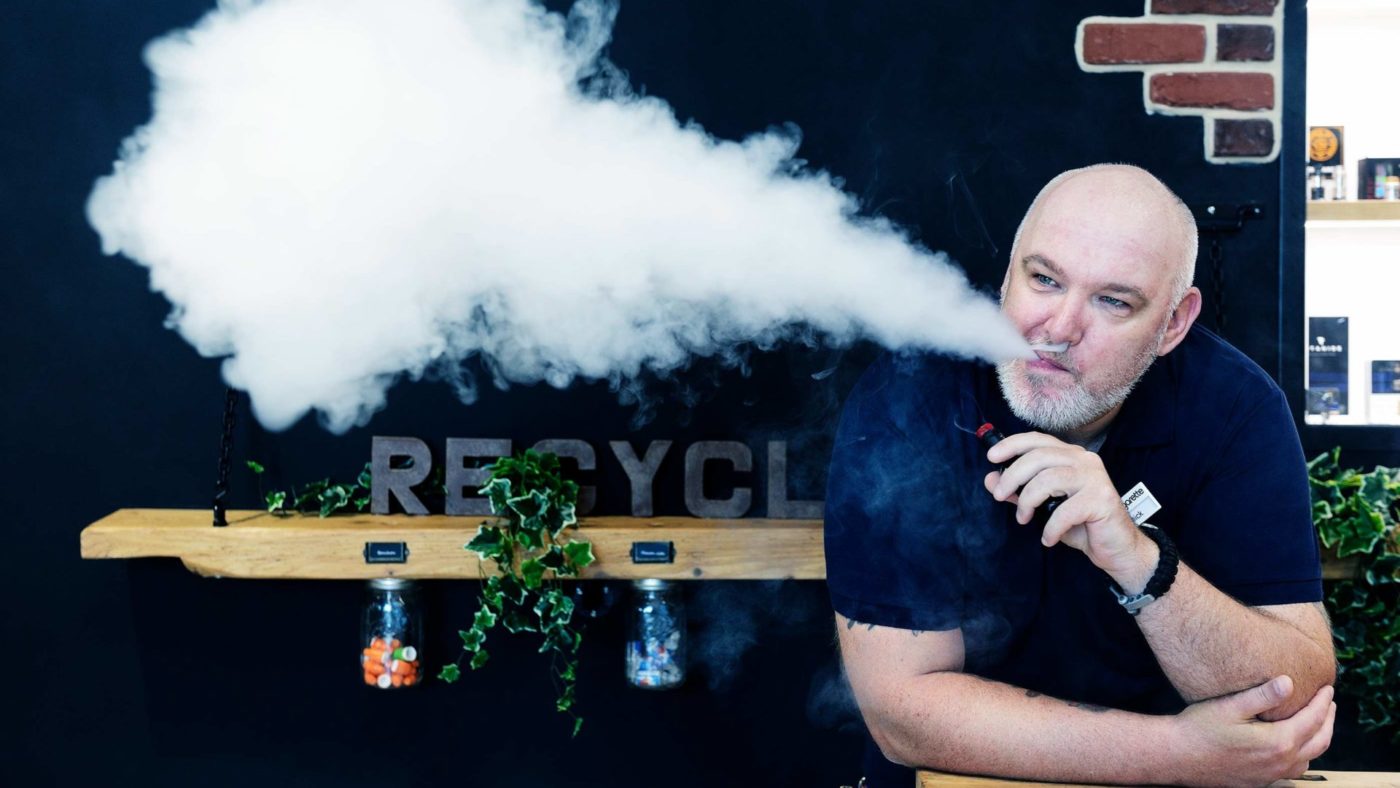The Government’s refusal to give in to anti-vape campaigners in the recent Spring Budget is a win for smoking harm reduction advocates. It is also encouraging to note that ministers have announced plans to spend £3m on creating a new ‘illicit vapes enforcement squad’ to enforce the sensible laws on sales of vaping products that are already in place.
Pressure groups had been calling for new taxes and even bans on certain products. One group, Action on Smoking and Health, called for a tax on disposable vapes to be increased by £4 in the lead up to the Budget. Such a move would have effectively doubled the cost of many products and significantly reduced the financial incentive of saving money for cigarette smokers looking to quit. However, despite pressure groups’ best efforts, the UK (so far) continues to lead the way globally in the transition from cigarettes to less harmful alternatives, with vaping playing a crucial role.
Last year, researchers at King’s College found that vaping had a success rate of 65% in getting smokers to quit – higher than any other method. It has also proven to be twice as effective as nicotine replacement therapy. This success is reflected in ONS figures which show that the UK has the lowest proportion of active smokers in its population since records began. Strangely, the UK’s successful approach is often met with disdain internationally, and anti-vape campaigners are gearing up for more lobbying offensives.
The upcoming COP10 summit, a World Health Organization-backed (and taxpayer funded) meeting of governments to discuss tobacco control, presents a hazard for the UK’s vaping policy. The WHO has already presented awards to countries that are hostile to safer nicotine products, including India, whose Health Minister was rewarded for banning e-cigarettes in 2019.
Reports suggest the WHO will soon launch a ‘global assault’ on vaping, demanding that countries around the world treat vaping and heated tobacco products the same as combustible tobacco. Those kind of draconian measures won’t just take away a tried and tested method for smokers to quit, but will also create a harmful black market for those who rely on these products to keep them on the healthier path. This is already being experienced in Australia because of its de facto prohibition of vapes that contain nicotine.
Too often, organisations like the WHO or ASH like to position themselves as ‘experts’. Sadly, the WHO ignores increasing scientific evidence of the efficacy of reduced-risk products to drive down smoking rates and smoking-related diseases, while also cherry-picking dubious research which agrees with their ideological opposition to harm reduction. ASH could be better described as experts if they were able to think further than counterproductive taxes, restrictions, and bans to address problems with products which are overwhelmingly good for public health.
Anti-vaping activists also seem only too content to ignore the real expertise and thousands of studies referenced in the comprehensive review of vaping produced by the Office of Health Improvement and Disparities in September 2022. Last year’s independent tobacco review led by Javed Khan is also discarded by noisy anti-vapers, despite its call for a heavy emphasis on vaping to contribute to the Government’s goal of the UK becoming smokefree by 2030.
As well as beefing up enforcement of vaping regulations, Public Health Minister Neil O’Brien will be conducting a call for evidence to identify opportunities to stop vaping among children. It is vital that he does not cave into overwrought calls for bans and restrictions on vaping products which will deter quit attempts by adults who smoke.
Having announced proposals for reaching the Smokefree 2030 target today, it is important that reduced-risk products are fully embraced in any further plans that the Department of Health has for the future.
Most importantly, the Government must continue to resist calls for taxes and bans that risk doing far more harm than good. A sensible approach to tobacco harm reduction is literally a life-or-death matter.
Click here to subscribe to our daily briefing – the best pieces from CapX and across the web.
CapX depends on the generosity of its readers. If you value what we do, please consider making a donation.


